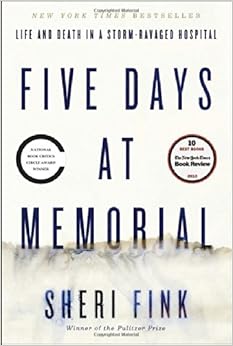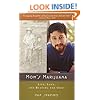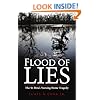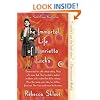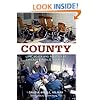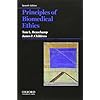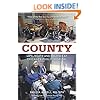*Starred Review* As the floodwaters rose after Hurricane Katrina, patients, staff, and families who sheltered in New Orleans’ Memorial Hospital faced a crisis far worse than the storm itself. Without power, an evacuation plan, or strong leadership, caregiving became chaotic, and exhausted doctors and nurses found it difficult to make even the simplest decisions. And, when it came to making the hardest decisions, some of them seem to have failed. A number of the patients deemed least likely to survive were injected with lethal combinations of drugs—even as the evacuation finally began in earnest. Fink, a Pulitzer Prize winner for her reporting on Memorial in the New York Times Magazine, offers a stunning re-creation of the storm, its aftermath, and the investigation that followed (one doctor and two nurses were charged with second-degree murder but acquitted by a grand jury). She evenhandedly compels readers to consider larger questions, not just of ethics but race, resources, history, and what constitutes the greater good, while humanizing the countless smaller tragedies that make up the whole. And, crucially, she provides context, relating how other hospitals fared in similar situations. Both a breathtaking read and an essential book for understanding how people behave in times of crisis. --Keir Graff
From Bookforum
Five Days at Memorial is Sheri Fink’s elaborately researched chronicle of life, death, and the choices in between at a New Orleans hospital immediately following Hurricane Katrina. What’s important, it slowly emerges, is that despite Fink’s painstaking re-creation based on five hundred interviews and mountains of documents—we weren’t there. We cannot know. Fink, under the guise of third-person journalistic objectivity, drives us towards a kind of uncertainty so great that it’s revelatory. There are conclusions to be drawn from Fink’s collection of dilemmas. She seems to indicate that she believes “a crime had occurred.” The scope of that crime—not just a legal trespass but a moral and ethical one as well—is the true subject of this book. This isn’t just a policy brief ornamented with characters. It is, like all great journalism, a document unto itself, an artifact of what we thought about “life and death” issues in the early twenty-first century. —Jeff Sharlet
